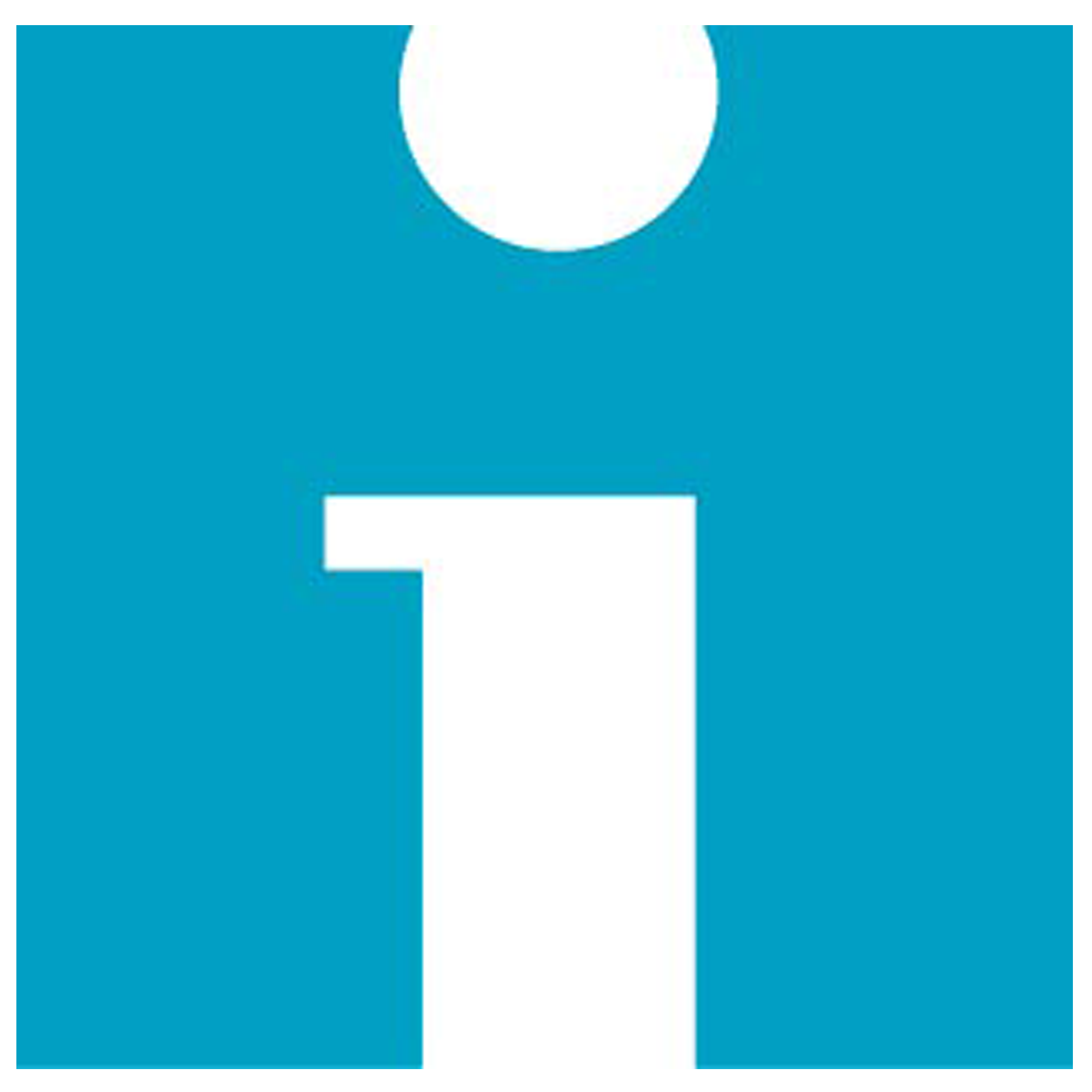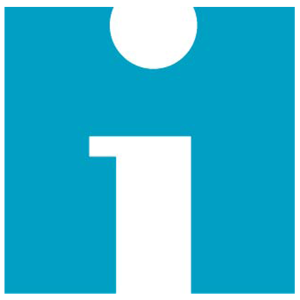

WIHI is an exciting "talk show" program from IHI. It's free, it’s timely, and it’s designed to help dedicated legions of health and health care improvers worldwide keep up with some of the freshest and most robust thinking and strategies for improving health and patient care. Learn more at ihi.org/wihi
Episodes

Thursday Aug 24, 2017
WIHI: Pursuing Health Equity With Curiosity: Notes from New Initiatives
Thursday Aug 24, 2017
Thursday Aug 24, 2017
Date: August 24, 2017
Featuring:
- Michael Hanak, MD, FAAFP, Associate Chief Medical Informatics Officer, Ambulatory Care & Assistant Professor, Family Medicine, Rush University Medical Center
- Michelle Morse, MD, MPH, Founding Co-Director, Equal Health; Assistant Program Director, Brigham and Women's Internal Medicine Residency Program
- Abigail Ortiz, MSW, MPH, Director of Community Health Programs, Southern Jamaica Plain Health Center
- Amy Reid, MPH, Director, Institute for Healthcare Improvement (IHI)
While there are many ways to improve health equity, few recognize the importance of curiosity as part of this work. For instance, you may have a lot of solid data pointing to outcomes disparities in your health system by race, ethnicity, and other factors. But what's behind the numbers that may be contributing to health inequities in your specific patient population and community? Are there dynamics in play that no one's considered before?
Our guests are from health system teams participating in IHI's two-year initiative known as Pursuing Equity, which is focused on deepening and broadening work to improve health equity at the clinical, institutional, and community level. At Rush University Medical Center in Chicago, this means taking steps to uncover what's behind pronounced racial and ethnic disparities in cardiovascular outcomes and care. In Boston, Brigham and Women's Hospital has teamed up with the Southern Jamaica Plain Health Center, a nearby community clinic, to tackle health equity and the complex relationship that exists between big teaching hospitals and surrounding low-income neighborhoods, including the local health center.
It's no small feat when leaders from big institutions decide that in order to more effectively work together on health equity for patients, they need to first look at themselves to reduce power imbalances and institutional racism. Why is this a groundbreaking step? And What does health equity look like in your community and where you work? In what ways is your organization making health equity a strategic priority? We addressed these questions and more on the August 24 WIHI: Pursuing Health Equity with Curiosity — Notes from New Initiatives.
Comments (0)
To leave or reply to comments, please download free Podbean or
No Comments
To leave or reply to comments,
please download free Podbean App.